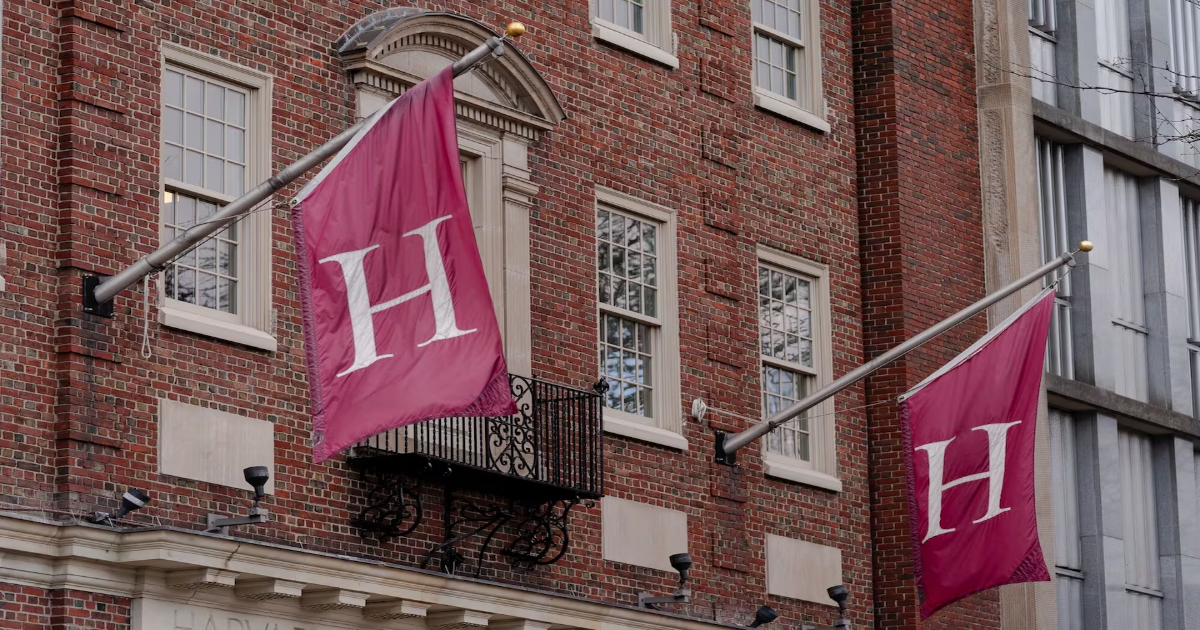This is a playbook Trump has used for decades. Most recently, it served as the foundation of his legal strategy in three criminal trials during his post-presidency. In each case, he managed to use procedural maneuvers and aggressive delay tactics to his advantage.
Sure, Trump’s ability to dodge accountability is often described as uniquely his own. But in this case, Harvard may actually hold the better cards, at least in terms of timing and institutional resilience.
In just 600 days, Democrats could reclaim the majority in the US House of Representatives. In four years, Trump will no longer be president. (Speculation about a third term is a separate column.) Harvard, by contrast, was founded 389 years ago. Those entrusted with its future are planning for it to exist at least another 400. From that perspective, Trump’s second term is a blip.
The Trump administration first went after Harvard two weeks ago, with what at the time was largely about antisemitism on campus following the Oct. 7 Hamas attack on Israel. But on Friday night, the Trump administration sent Harvard a second letter, escalating its pressure campaign. Unlike the first letter, which focused on claims of rampant antisemitism on campus and threatened a loss of federal research funding, this second demand went much further. The administration insisted that Harvard overhaul its hiring and admissions practices, abandon academic independence in curricular matters, and adopt some vague form of ideological “balance” — as defined by the administration now and in the future.
On Monday, Harvard firmly rejected the ultimatum.
“No government — regardless of which party is in power — should dictate what private universities can teach, whom they can admit and hire, and which areas of study and inquiry they can pursue,” wrote Harvard president Alan Garber.
And in another move right out of Trump’s own playbook, Harvard isn’t just preparing for court — it’s leveraging the standoff as a public relations opportunity.
Columbia University, facing immense internal and external pressure, saw two university presidents resign in two years and ultimately made concessions. Harvard, too, had a president resign under pressure from conservatives in the wake of the Israel-Hamas war. But this week, by contrast, the school is being praised within academic circles for standing its ground. It is positioning itself as a standard-bearer for academic freedom and likely sees this moment as one that could define its leadership and credibility among peers.
Where this all goes remains uncertain. The federal government has already announced that some funding to Harvard will be paused immediately. The total amount at stake could exceed $2.2 billion. That is no small sum, especially since much of that money supports scientific and medical research with implications far beyond Harvard Yard, stretching across the Greater Boston region. The fact the administration might block foreign students who might pay full tuition or rescind the university’s tax-exempt status would have further financial pain.
But in the long term, Harvard uniquely may have the resources and the legal muscle to delay without conceding a single point, at least for until there is a new US president. It also has the financial cushion to cover essential programs it deems vital to its mission. This, for Harvard, is what a rainy day looks like — and it has a very large umbrella.
For other institutions, such pressure from the federal government might constitute an existential threat. For Harvard, it’s a challenge, but one it seems ready and willing to meet.
After all, most people facing the kinds of federal criminal charges Trump has encountered would have taken a plea deal. Trump didn’t. He doubled down and waited it out.
Now, Harvard appears to be doing the same.
James Pindell is a Globe political reporter who reports and analyzes American politics, especially in New England.
